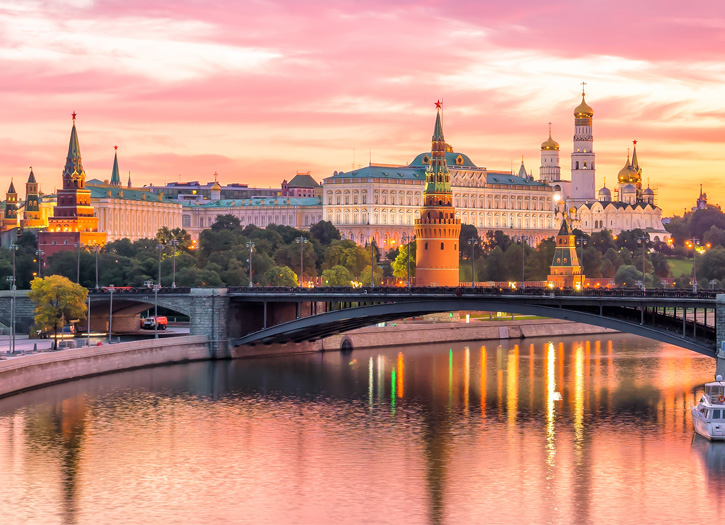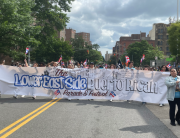The virus was confirmed to have spread to Russia on 31 January 2020, when two Chinese citizens in Tyumen (Siberia) and Chita (Russian Far East) tested positive for the virus, with both cases being contained. Early prevention measures included restricting the border with China and extensive testing.
The infection spread from Italy on 2 March, leading to additional measures such as cancelling events, closing schools, theatres, and museums, as well as shutting the border and declaring a non-working period which, after two extensions, lasted until 11 May 2020. As a transcontinental country, Russia has the highest number of confirmed cases in Europe, the 2nd-highest in Asia after India, and the 4th-highest number in the world after the United States, Brazil, and India. According to figures from the national coronavirus crisis centre, as of 15 August 2020, Russia has 917,884 confirmed cases, 729,411 recoveries, 15,617 deaths, and over 32.2 million tests performed.
On 19 March, the first death of a patient with confirmed COVID-19 was reported in Moscow. A 79-year-old woman was first hospitalised on 13 March and transferred to a private clinic the next day. Upon confirmation of COVID-19 she was transferred to an intensive care ward in Moscow Infectious Hospital No. 2. She also suffered from numerous underlying health conditions and other diseases. However, pulmonary embolism was identified as the direct cause of her death, she had no pathological changes in lungs, and her death was not officially counted as caused by coronavirus.
On 25 March, President Putin announced that the 2020 Russian constitutional referendum would be postponed due to the epidemic. He said that the next week starting with 30 March, would be non-working nationwide and urged Russians to stay at home. Later, the non-working period was prolonged twice, lasting until 11 May. On 27 March, international flights were grounded after the government ordered the civil aviation authority to suspend all regular and charter flights to and from the country.
On 8 June, Moscow’s mayor, Sobyanin, said that the city would lift coronavirus restrictions. Self-isolation rules and travel permits would be waived on 9 June, with no more walking schedules. Residents would be able to freely travel around the city and visit public places. Places like beauty salons, hairdressers and veterinarian clinics would re-open, with other places like restaurants re-opening over the course of June. Residents are still required to wear face masks and gloves and are advised to maintain their distance from others.
On 11 August, President Putin said in a meeting that the first vaccine in the world against the coronavirus, developed by the Gamaleya Research Institute of Epidemiology and Microbiology, was registered in Russia and that one of his daughters was vaccinated. The previous day, the Association of Clinical Research Organisations, a union of pharmaceutical companies in Russia, urged the head of the Ministry of Health to delay the registration due to incomplete testing. The head of the RDIF stated that 20 countries had requested in total 1 billion doses of the vaccine, named Sputnik V.
According to the OECD, Russia ranks third in the number of beds per capita. However, bed equipment varies from hospital to hospital. In terms of equipment – for example, CT and MRI devices – Russia is in 28th place with a dramatic gap from the leaders. Rosstat does not publish data on the number of places in intensive care units and equipment. In total, there are 1 million 172,000 beds in Russian hospitals, according to Rosstat data for 2018. These include intensive care units. An intensive care bed means a bed equipped with a set of equipment for resuscitation and intensive care, including ventilators.
The government of Russia has initially responded to the pandemic with preventive measures to curb the spread of the coronavirus disease 2019, which involved imposing quarantines, carrying raids on potential virus carriers, and using facial recognition to impose quarantine measures. Measures to prevent a crisis in Russia include banning the export of medical masks, random checks on the Moscow Metro, and cancellation of large-scale events by schools. The Russian government has also taken measures to prevent foreign citizens from heavily affected countries from visiting Russia.







Add Comment
You must be logged in to post a comment.